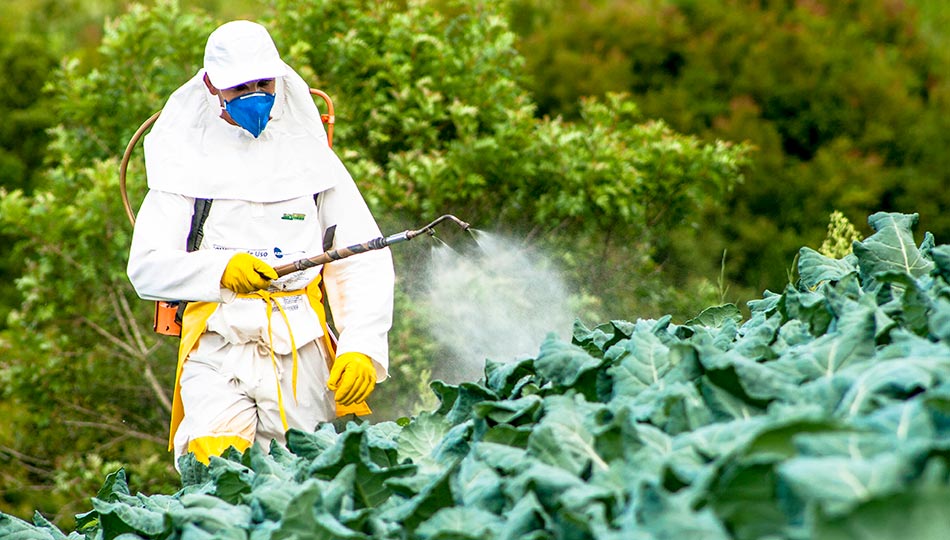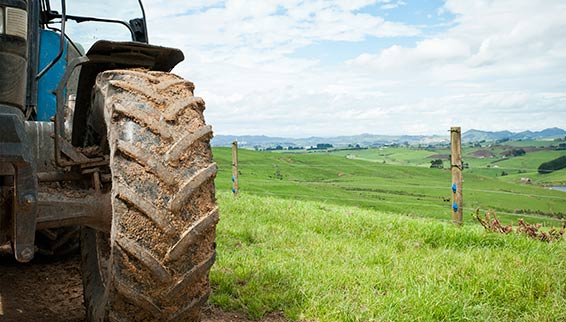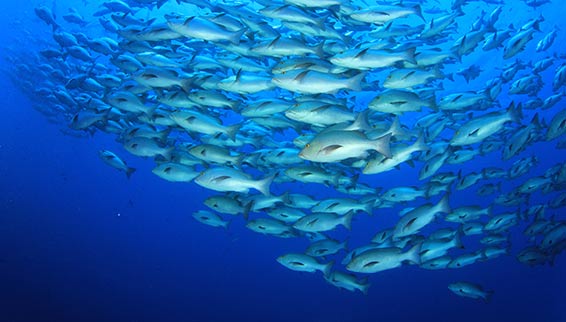Glyphosate
Glyphosate is one of the most widely used active substances in pesticides to prevent unwanted plant growth around planted crops or to kill plants or parts of plants. These substances are often called ‘herbicides' or ‘weedkillers'.

Glyphosate is used in agriculture and horticulture to combat weeds before sowing. Where genetically modified plants with resistance to glyphosate are grown, the substance is also used after sowing to kill weeds growing amongst the crops. This practice however does not happen within the European Union.
What is ECHA doing on glyphosate?
ECHA manages the law on the classification and labelling of substances and mixtures. This law regulates the way in which substances are assessed and labelled, based on the hazardous properties they may have – for example poisons, flammable substances, corrosive substances and so on.
For certain substances, such as pesticides, a decision on the classification may be made at EU level to apply across the whole of Europe. In practice, this means that the relevant labelling will be required to warn consumers on every product containing the substance.
The German Federal Institute for Occupational Safety and Health (BAuA) proposed that glyphosate should have an additional harmonised classification for specific target organ toxicity after repeated exposure (in addition to existing harmonised classifications). As set out in the CLP legislation, ECHA invited parties concerned to comment on this proposal in a public consultation, which closed on 18 July 2016.
Previous Next Layout
Read Also
-
 Environment
EnvironmentChemicals in agriculture
Conventional farming makes use of pesticides to protect plants and fertilisers to enhance their growth and fertility. In organic farming, their use is heavily restricted. In both types of farming, the EU is working for safer products for consumers.
READ MORE -
 Environment
EnvironmentEffects on aquatic life
We limit the emissions but many chemicals used today still end up in our environment and in lakes, rivers and oceans. Most chemicals cause no harm but not surprisingly, chemicals that are harmful to humans may also be harmful to the environment and to the animals that live in aquatic ecosystems.
READ MORE
